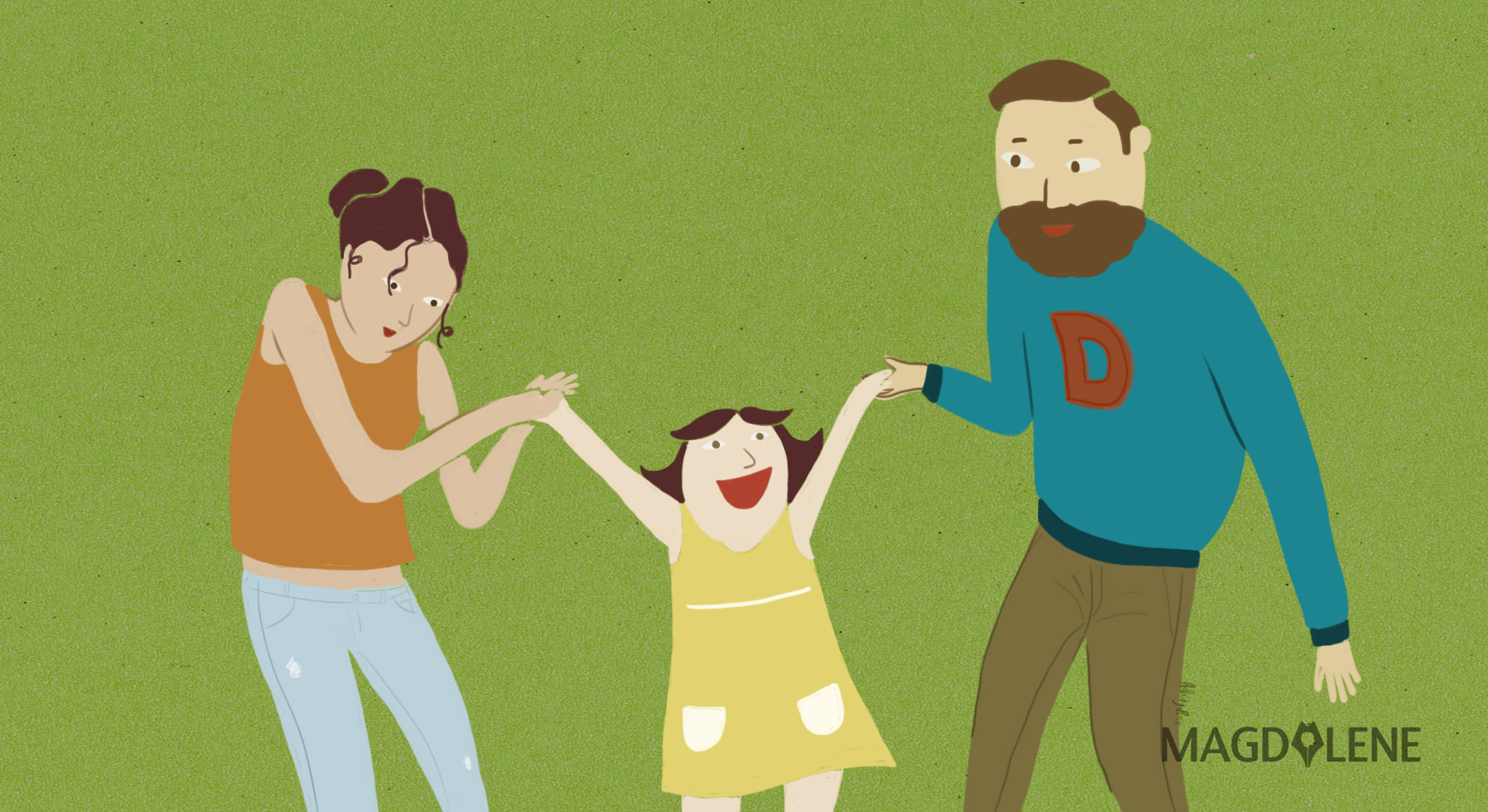Let me start with an example. Your daughter has a boyfriend. She would prefer if she could introduce him to you, because he matters a lot to her. But she hesitates, because she remembers a moment in the past when you got very upset, teary, and furious upon finding out her mailbox had been spammed by emails filled with explicit content that she had no clue about. She is reluctant because she fears you might explode in the same way if this boyfriend business is not something that you would readily accept—or expect.
One of the biggest challenges of being a parent is to overcome the fear of hearing unexpected news from our children. We get scared when something beyond our radar comes up, and fear that we have lost control over what we know about our children. In fact, that should not be the case. I’ll tell you three reasons why.
First, the unexpected should always be expected. It is the way the world has progressed over the centuries. Second, the unexpected tells us that our children are growing, that there are bumps and turns along the way that will in the end shape them into mature human beings. And third, thank God if they even still tell you anything unexpected at all. That means they still trust you.
Being afraid of unexpected news can hinder us from learning the truth about our children’s life. This hinderance from truth will distance us from the person that they truly are, subsequently impacting their level of trust towards us.
Stories of “good kids” who keep a secret life behind their parents’ backs are not so uncommon to hear. It’s not that kids are inherently bad, or that humans are inherently bad, but everybody is just simply a mixture of things that come from different ends of the spectrum. And as long as we still put labels like “good kid gone bad”, we cannot call ourselves a mature society.
We should in turn open our minds and hearts to all possibilities, and place our guidance with as much love, compassion, and as little fury as we can because there is no such thing as total goodness. In fact, it is rather unwise to wish for total goodness. It is much more consoling and rather optimistic to understand that nobody is as still as water, so we can focus on improving flaws rather than condemning them. Even the stillest water still ripples upon the arrival of new droplets.
If you happen to learn that your child has committed or plans to commit something that will be harmful to them, do not explode in fury. Children, especially teens, tend to stray even further away when their parents explode. Instead, deliver your message with love and understanding: it is not you against them, but you and them against the world. Only through comfort and safety will anyone learn anything. To quote something from The School of Life, nobody learns anything under situations of humiliation.
I myself have been a “good kid”, and honestly, I wish I had been more chaotic, just so my parents would learn the lessons of overcoming their fear of unexpected news. I don’t plan to do that anymore, though. Thankfully I passed my adolescent years safely. However, it really would have been much better had I been able to be more open to my parents, had I known my parents would be judgement-free of anything I had wanted to tell them. Maybe I wouldn’t have had to carry as many secrets.
I believe every person wants the same thing; we want to be understood. So don’t be afraid that you will lose control over your kids, don’t be afraid to admit that you, too, are still learning, about the inner workings of a human being. And don’t assume everything is always alright. Take the time to ask them: is everything okay? Because when you don’t, their friends would, and that is why your children trust them. Because they care about asking at all and do not display judgement over whatever your children end up saying.
After all, what is the point of parenting, anyway? Isn’t it a journey of cultivating a new life into maturity, being strong bows to arrows that will launch to a place unknown to the bows, and only known to the archer? To do this well, we need to be strong. We don’t have to be steel-strong; we just have to be strong enough to not fear the unexpected. Better yet, to expect the unexpected, and provide cushions to land upon.
Illustration by Adhitya Pattisahusiwa







Comments